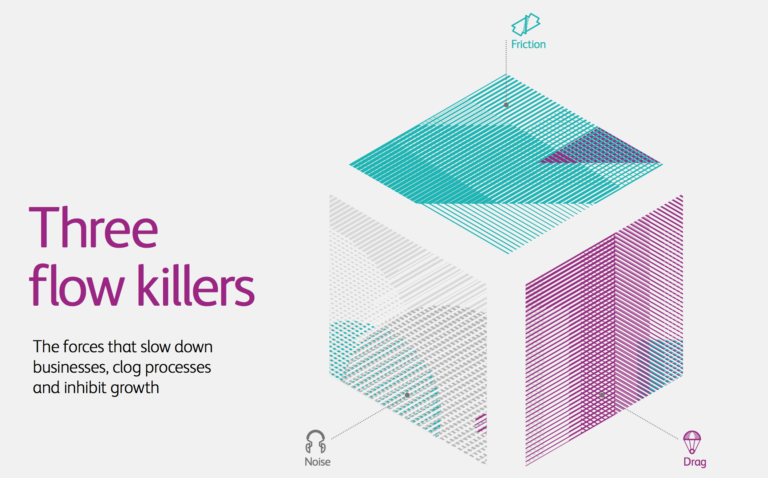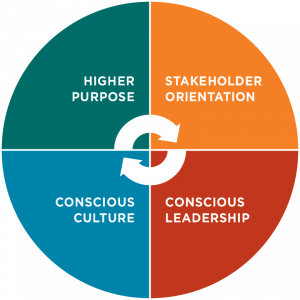By Leah Quesada, VP of Marketing, Xerox Enterprise Business Group
John walked into a meeting. There were 8 other people in the room. John was the only representative from his department. The leader opened the meeting with a very targeted objective that needed everyone’s input. As soon as the meeting kicked off, John opened his laptop. He started typing notes and sooner or later…he drifted. He drifted casually to see how the stock market was doing and then onto Outlook to check his emails. Not long after, a response to a mail note he had previously sent came through. The response was not what he expected. Now John was not only upset, but he also felt compelled to respond right away! His emotions ran high. His mind was off on another planet; certainly not this meeting he was called upon. The meeting finished with no input from him nor the department he represented. Sound familiar?
According to Leigh Anne Jasheway, a stress management consultant, the concept of multitasking itself is misleading. Jasheway says, “Our brains cannot do more than one thing at a time. The word that is more accurate is ‘attention switching.’” For every “attention switch,” the brain is compelled to restart and focus. Each of these switches bear a cost which include less accuracy, less productivity, less creativity, and less strategic thinking. If we are “less” on all these things, what value do we bring at work and even in our personal lives?
Stephen Covey describes how highly effective people manage activities and time. He describes a 2×2 matrix with urgent/not urgent on the x-axis and not important/important on the y-axis. A lot of what steals our attention fall in the lower two quadrants of what Stephen Covey labels “not important.” Some of these items, like some email, may pose themselves as “urgent” for the time being, but in the bigger picture are not important.
So what to do? It’s simple: Focus.
We need to tame our minds to focus on the here and now. Most parts of our body, like our arms, hands, legs, perform an action only when invoked at will. Why would our mind be any different? It is because it takes discipline to focus the mind. Focusing on the here and now, following the conversation, and thinking in the present not only unleash our creativity, but also help us generate new insights to make good decisions and strengthen the results of our work. And yes, focusing also reduces mental fatigue and the effects of stress on the body at work and in our personal lives.
So how about going back to basics? Keep it simple. Be present and focus.




[…] is the second post in a series of “Back to Basics” blogs, based from the original blog “What the Best Run Companies Do: Apply the […]